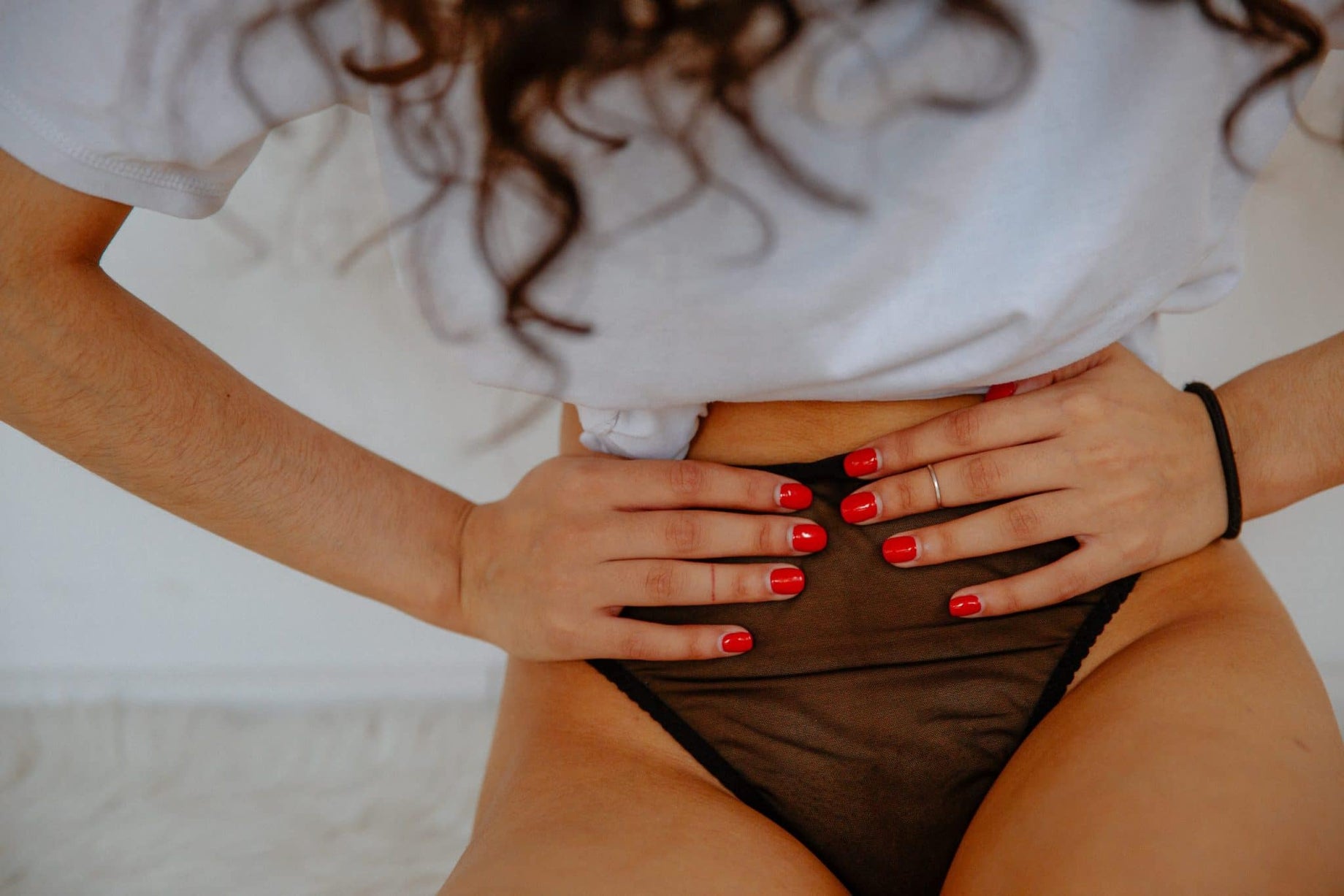“The skin is the external mirror of the gut” - Many ancient healing modalities already acknowledged the connection between the gut and the skin, which is now backed by modern research.
Research studies have suggested that taking a probiotic can help support your body in alleviating skin conditions such as eczema, acne, and other topical inflammations such as dry skin. When your gut is balanced, your body is better equipped to absorb essential nutrients—like vitamins A, D, and omega fatty acids—that help nourish and protect your skin from the inside out. In addition, keeping inflammation in the gut low supports your immune system and reduces toxins in your body, all of which benefit your skin.

How Can Probiotics Help Your Skin?
Our skin is the external mirror of our gut. If we look at our skin, it becomes obvious that it doesn’t end at the mouth. The skin simply changes and continues to span our inner body in the form of mucus membranes.
Now, consider the fact that the gut has a surface area of about 4,300 square feet – roughly the size of a tennis court – and makes up a majority of your body’s mucus membranes. It quickly becomes clear that we must restore and maintain a healthy gut in order to have healthy skin.
In a healthy gut, the 400-600 billion bacteria that make up our gut microbiome are constantly assisting in many important processes in the body. They absorb nutrients, protect against harmful bacteria, viruses, fungi, and toxins (pathogens), and constantly try to balance our immune system.
Stress, strong medications, and certain foods can disrupt the gut microbiome, weakening the immune system and making you more susceptible to illness, including skin issues.
When the gut isn’t functioning properly, we are unable to absorb the nutrients essential to keep the good bacteria in our gut and our skin healthy. In addition, our gut barrier function becomes weakened and allows harmful pathogens, toxins, and allergens to enter our bloodstream, leading to inflammation throughout the body.
The result: the skin reacts with topical inflammation, which shows up in the form of acne, eczema, and psoriasis.
Unfortunately, there is no cure for chronic skin issues like acne, eczema, and psoriasis. However, there are several ways in which you can support your body to heal and prevent skin disease.

Cleaning Out the Gut
In Functional Medicine, as well as healing modalities like Ayurveda and Traditional Chinese Medicine, the gut is a foundational component for overall wellbeing. In other words: if your skin is acting up, something might be off in your gut. One reason for this is that our intestines are responsible for processing waste from our body. If the gut isn't working properly, some of these waste products are reabsorbed into the bloodstream, creating inflammation in the body. One way that inflammation can show up is via our skin. Acne, breakouts, and even eczema have been connected to inflammation and imbalances in the gut microbiome.
Probiotics help support healthy digestion and elimination of waste, which your skin will benefit from. Omni-Biotic® probiotics can help restore balance in your gut and support its ability to properly eliminate toxins, which ultimately improves skin health.

Reducing Inflammation
Our gut microbiome is very sensitive. When we experience stress, take strong medications, or eat an unhealthy diet, our gut can become inflamed.
This inflammation causes the tight junctions in our gut barrier to weaken, leading to a leaky gut. This allows pathogens, toxins, and allergens to enter your bloodstream.
The influx of harmful substances triggers inflammation and an immune response. If this leaky gut remains unresolved, it can lead to autoimmune conditions such as chronic eczema and psoriasis, allergies, and food intolerances.
Unfortunately, many individuals only address the symptoms of how their inflammation manifests (e.g., via antihistamines and cortisone). These treatments can often have long-term harmful effects on the body. In order to truly heal and feel better, it is critical to address the root cause, which is an imbalance in your gut microbiome.
A powerful probiotic will strengthen your gut barrier function. Probiotics can protect your body from harmful substances, inflammation, and a misdirected immune response.

Strengthening the Immune System
Certain probiotic bacteria can support the immune system and help with skin health in two ways:
First, specific probiotic strains are known to increase IL-10 production in the body, thus helping your body manage inflammation. IL-10 is a messenger substance of the immune system that protects against exaggerated inflammatory processes and autoimmune diseases.
The other immune-modulating property of probiotic strains is the stimulation of Secretory Immunoglobulin A (sIgA) secretion. sIgA is an antibody that plays a crucial role in the immune function of mucosal membranes.
If your body doesn’t have enough sIgA, your immune system may be weakened, and you might be more prone to skin issues and infections such as colds, the flu, yeast infections, and urinary tract infections.
Hence, reducing inflammation and strengthening your immune system via a healthy gut microbiome can have a powerful, positive effect on your skin.
Omni-Biotic Balance was formulated with the immune system and skin health in mind. Balance contains probiotic strains that support balanced immune function, including IL-10 production and sIgA production.

Other Ways You Can Help Your Skin’s Microbiome
In addition to taking a high-quality, specifically combined probiotic supplement, there are a few other natural and very effective ways to support your skin health:
- Full Body Detox: In many cases, people suffering from skin issues have used strong medications, including antihistamines and cortisone, to treat the symptoms of their ailments. These medications can wreak havoc in the gut and on your liver and compromise proper detoxification.

Here are a few ways in which you can support your detoxification pathways:
- Drink plenty of water to flush out excess toxins
Consider taking Milk Thistle, an herbal supplement that helps support your liver function.
- Zeolite powder is another supplement that will help your body detox. It cannot be digested and therefore acts like a sponge to soak up toxins and carry them out of the body.
- Reduce Intake of Allergen Foods: Limiting foods that commonly trigger allergic reactions is essential in managing skin conditions. These foods include gluten, dairy, nuts, foods high in processed sugar, nightshade vegetables, and anything that stresses the liver, like alcohol.

- Eat More Fiber: Ensure your body detoxes properly through regular, healthy bowel movements by eating enough fiber. Fiber-rich foods like leafy greens, quinoa, gluten-free oats, beans, peas, and flax seeds are great options.

Conclusion
Dealing with acute and chronic skin issues can be incredibly frustrating. Our skin is one of the largest organs of our body, and if it’s not healthy, this takes a huge toll on the entire body and mind. Addressing gut health can by including a high-quality probiotic like Omni-Biotic Balance can be a helpful way to support your skin, from the inside out.




